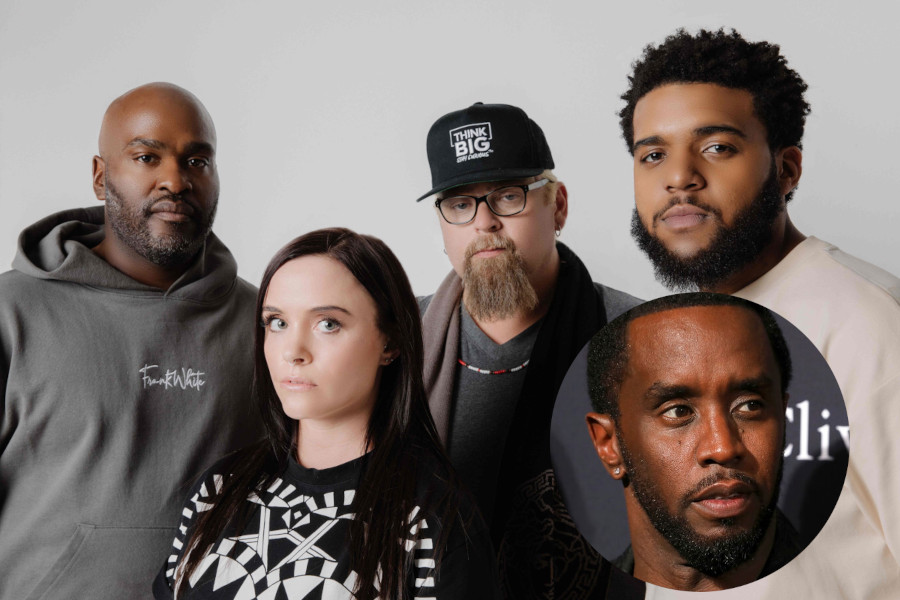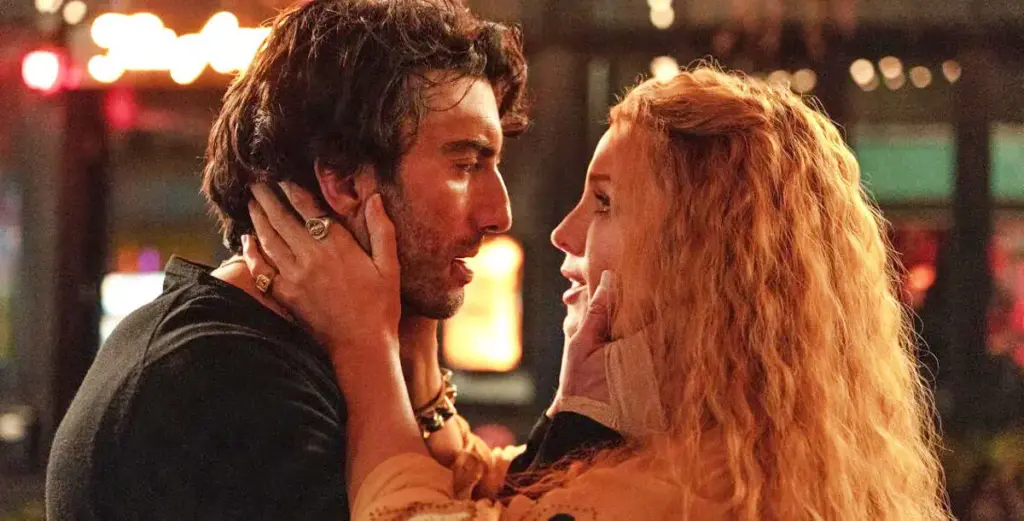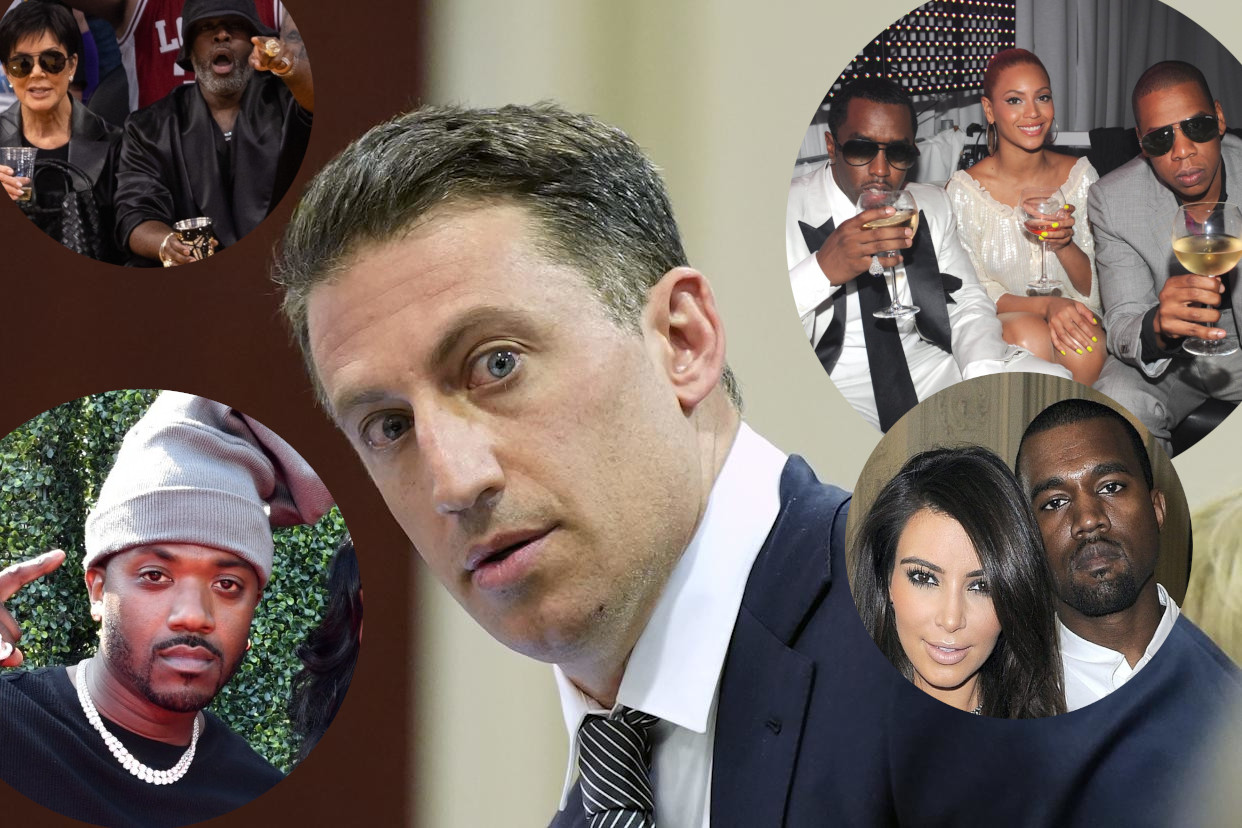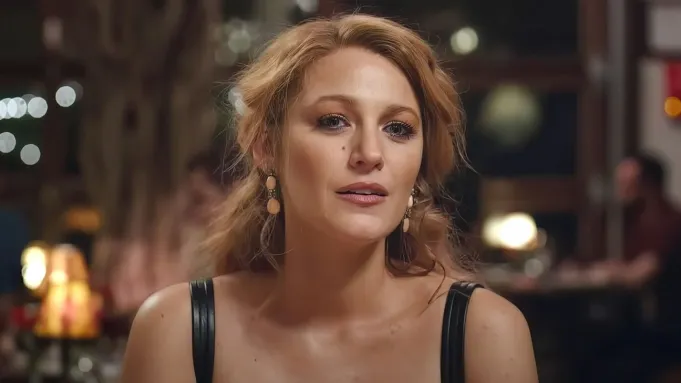Diddy, the prominent music mogul, recently found himself embroiled in controversy as leaked phone calls purportedly between him and his sons, Christian and Quincy Combs, hint at orchestrated efforts to intimidate potential witnesses. The discussions allegedly included coded language regarding disposing of “pizza boxes” and “recycle all the plastic,” which observers fear may pertain to destroying evidence. This has led to speculation that the Combs brothers are acting on their father's orders to silence Courtney Burgess, a grand jury witness, and prevent the publication of Kim Porter’s purportedly explosive memoir.
Courtney Burgess has openly stated that he believes the leaked calls specifically target him. Following these developments, the Combs brothers issued a cease and desist letter to Burgess and his attorney, demanding he refrain from selling his book, "Tell It All," characterized by Burgess as an uncensored account of Kim Porter’s life and death. Porter passed away in 2018, and her memoir aims to expose Diddy’s alleged abusive behavior and sexual manipulations.
In a parallel situation, another version of Kim Porter’s writings, titled "Kim’s Lost Words," faced removal from Amazon just months ago. Breaking down the narrative surrounding Burgess reveals attempts by Chris Todd, also known as Todd Guzze, to extort evidence from him—evidence that was later handed over to a federal grand jury investigating Diddy. Guzze’s past has drawn suspicion, with characterizations from former associates questioning his integrity as an investigator.
The involvement of TMZ and its founder, Harvey Levin, has also been brought into the discussion, with accusations that Levin's organization serves as a protector of Diddy and his associates. TMZ has faced repeated allegations of collaborating with Diddy’s legal advisors to suppress negative stories and has been scrutinized for its past tactics involving “catch and kill” practices.
Harvey Levin’s recent documentary, which featured Ray-J discussing potential payoffs for victims connected to Diddy’s inner circle, further fueled the criticism. Advocacy for accountability towards Levin and concerns about the ethics surrounding his media operation remain prevalent among critics, leading to calls for potential legal repercussions regarding his alleged role in obstructing justice.
As this narrative unfolds, the convergence of celebrity, legal battles, and media ethics continues to raise essential questions about the intersections of power, influence, and accountability in the entertainment industry.



















